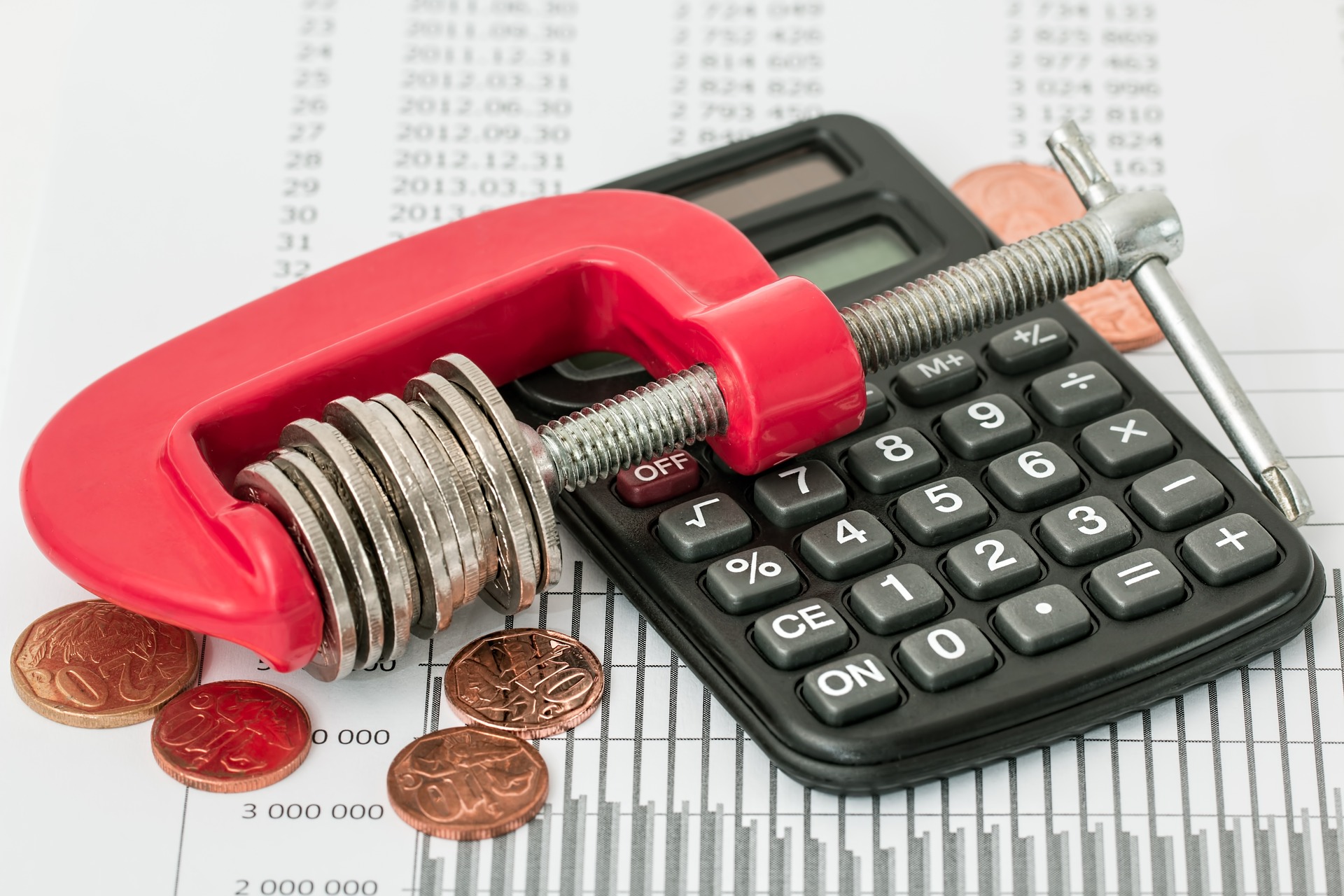Struggling with debt is stressful, and it gets worse until you’re prepared to take positive steps. Here are a few tips to help you start dealing with debt.
- Face up to your situation
The first step is to figure out the extent of your debt. Collate your bank statements and gather your paperwork, open those bills and list how much you owe, along with interest. Then you can prioritise your debts or consider a Part 9 Debt Agreement.
- Devise a budget
Next, figure out how much you can spend on monthly debt repayments. Tally your total income and expenses to see what’s left over. Then, put the amount towards paying off your debt each month.
When you know how much you can allocate to paying off your debt, you can devise the perfect repayment plan for your situation. It’s also the perfect time to assess your current spending habits to see where you can cut back.
- Go for zero
If you own money on credit cards, find out if you’re able to transfer debt to a zero percent balance transfer card. These cards can help to get rid of interest charges for a period of time to ensure everything you repay goes towards paying off debt.
If, on the other hand, you have repaid your debt, you might want to consider a long term, low rate credit card. The monthly interest rate is typically lower.
- Consider overdraft options
Paying a lot of interest on an overdraft can harm your debt situation.
- What about a loan?
Sounds strange, but there are times when a personal loan can be the right strategy to help you manage your debt. If you can get a favourable lending rate, you may find that repayments are lower than what you pay on your credit card. Just remember, like any financial product, you should shop around for the best possible deal for your situation.
- Snowball those debts
Instead of trying to keep track of each and every one of your debt, you may want to consider a technique called snowballing. With this, you single out one debt and then concentrate your efforts on paying it off, while still making minimum repayments on your other debts.
Once you’ve paid a debt off, start working on the next one, and carry on like this until you’ve paid everything off.
- Get advice
Despite all your best efforts, if you can’t see a way out of your debt hole, you should seek professional advice as early as possible. A debt counsellor or financial advisor will help you sort out your debt problems and create the right repayment plan for you and your situation.
If you are battling to keep up with your financial commitments, it’s worth approaching your creditors, too, to explain your situation and find out if they’re willing to implement a feasible repayment plan.
- Start saving now
Once you’ve gained control of your debts, it’s important to start taking steps to ensure you never end up in the same situation again. Aim to set aside a little of your salary every month to create emergency funds so you have something to fall back on should anything unexpected happen.
While being in debt can be stressful, there are ways to cope and get out of it. But first, you have to be decisive that you will resolve the debt.




